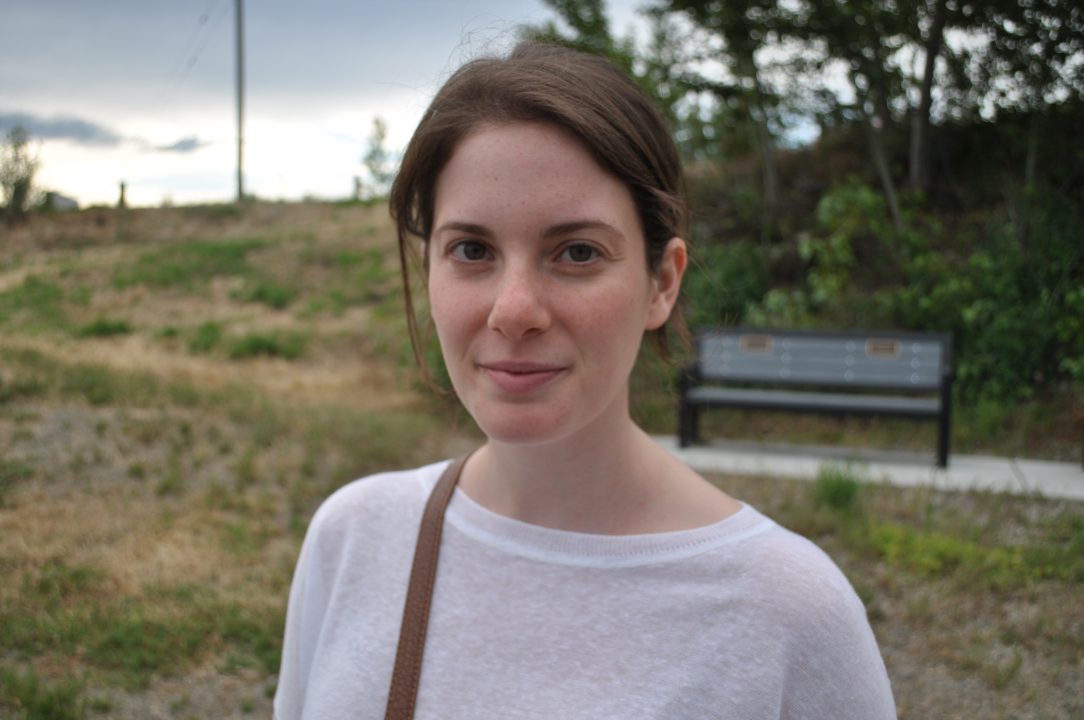What are the most significant engagements in your life, and why are they meaningful to you?
My most significant engagements:
- Make me feel a sense of wonder or connection to the planet. Most of this happens through travelling, being close to nature, and observing animals in the wild.
- Show me how little I know about most things. This often happens when I talk to someone who is really different than I am, see an expert in action, try something challenging that I’ve never tried before, or when I read a book about a topic that I don’t know anything about.
- Help me grapple with what it means to be helpful, in a grounded context. For example, my work with the First 2000 Days Network is an opportunity to explore what it would take to build an initiative structured to support meaningful learning and to build others’ capacity to learn and care in different ways. I feel lucky any time I work with people who are willing to look beyond our immediate engagements, explore the broader implications of what we’re learning, and try to share them with others.
- Show me that there are other people who are dedicating their lives to care, think and act in helpful ways.
What resources (books/ films) have been most influential for you? In what ways?
All of the following resources are beautiful examples of how an individual can get to a place where their caring and sense of responsibility shapes a growing adaptive capacity to understand what needs doing. They also illustrate, painstakingly, the constraints and possibilities for creating change. They demonstrate that the major challenges that we are facing require lifelong, intergenerational efforts but that there is still a role for the individual to play.
Chasing the Flame by Samantha Power: Power provides a beautifully in-depth account of Sergio Vieira de Mello’s life. It is a detailed portrayal of a human being grappling with the power and limitations of his position within the U.N and the institution. It’s moving to see how Vieira de Mello’s perspectives, way of making sense of the world, type of caring, and decisions change over the course of the book.
Mission Blue tells the story of oceanographer’s Dr. Sylvia Earle’s life and work. The film clearly shows Earle’s leadership and caring in her work to understand and protect our oceans. The story is tragic in that it shows the immensity of the destruction that we’ve done to the planet. At the same time, it’s beautiful to see an individual, who knows the problem is bigger than her, persist and contribute to making a positive difference.
In Search of a Better World by Payam Akhavan provides a history of the evolution of human rights and Akhavan’s personal striving as a human rights lawyer at the UN. It is a stark portrayal of our shortcomings and a powerful articulation of what a better, more just system could look like.
What influence has your learning with Human Venture Leadership had on you?
Human Venture Leadership provides me with the tools to grapple with the questions that felt overwhelmingly insurmountable before. It provides me with a lens and language to interpret what I’m observing in my everyday life and a way to direct how I am trying to learn and grow as a person.
What have you learned about the kind of leadership the world needs?
The world needs leaders who care about the well-being of others and our planet. We need leaders who take responsibility to understand what’s needed in a given situation enough to actually be helpful. We need people who understand the root causes of our challenges and are able to mobilize the investment (of caring, capacity and resources) to make a difference, in the long term. We need people who recognize that situations change and are willing to adapt. We need leaders who actively build these capacities in others.
What are your hopes for the future?
I think there are a lot of caring people working to improve the lives of people in their communities (and beyond) and the well-being of the planet. That being said, I don’t think our broader systems do a good job at supporting this work or building this capacity in the first place. I hope that the structures, institutions and norms in our communities change to enable more caring, self-authorized, curious leaders to thrive.

